|
|
ADDRESS DURING THE INAUGURATION OF THE SEMINAR ON ?THE EFFECTS OF CORRUPTION ON GOOD GOVERNANCE AND HUMAN RIGHTS?
09-05-2006 : New Delhi
'Righteousness in the heart leads to order in the nation'
I am delighted to participate in the inauguration of the Seminar on ?The Effects of Corruption on Good Governance and Human Rights?. I am happy that the National Human Rights Commission has taken the initiative of arranging this Seminar, which will give very useful suggestions for improving the governance system in the country. This will also enable maximization of value addition for a given expenditure incurred by the Government in providing the services to the citizens and protect their rights. My greetings to Hon?ble Justice Anand and his team, the social reformers, intellectuals and other delegates participating in the Seminar. I have selected ?Righteousness in the heart leads to order in the nation? as the topic for discussion.
Certain experiences in Governance
Before I discuss about the development strategy for promoting corruption-free society, I would like to narrate an incident which took place some time back. During the performance audit by CAG of rural employment generation programme implemented by one of the State Governments, it was found that there was fictitious reporting regarding the total employment generated. However it was found that the full money was allotted and shown as spent. Though the reporting claimed that the objectives are fully met, further investigations showed clearly that there were no evidence to corroborate the claims. Thus we can see in the absence of a non-transparent corruption-free system, a well intentioned programme fails to produce the desired results. This clearly shows the effect of corruption on governance and the failure of our system to protect the human rights of all the citizens. However, now I am happy to mention that the State Government has linked the present employment guarantee scheme to Bio-diesel plantation in the rural sector. Such actions, which provide verifiable evidences at various stages of progress (monitoring points) are needed in all sectors of our economy. The next area I would like to discuss is on corruption level as reported in different states based on certain studies.
Based on the study conducted by ?Center for Media Studies?, it has been found that the corruption levels in Kerala and Himachal Pradesh are less compared to other states in the country. Can it be due to political awareness and competitiveness? Can it be due to better Human Development Index? Can it be due to alert media? Can it be due to women empowerment? It may be useful for the participants of this seminar to study these aspects and assess the possible reasons so that they can be emulated by other states.
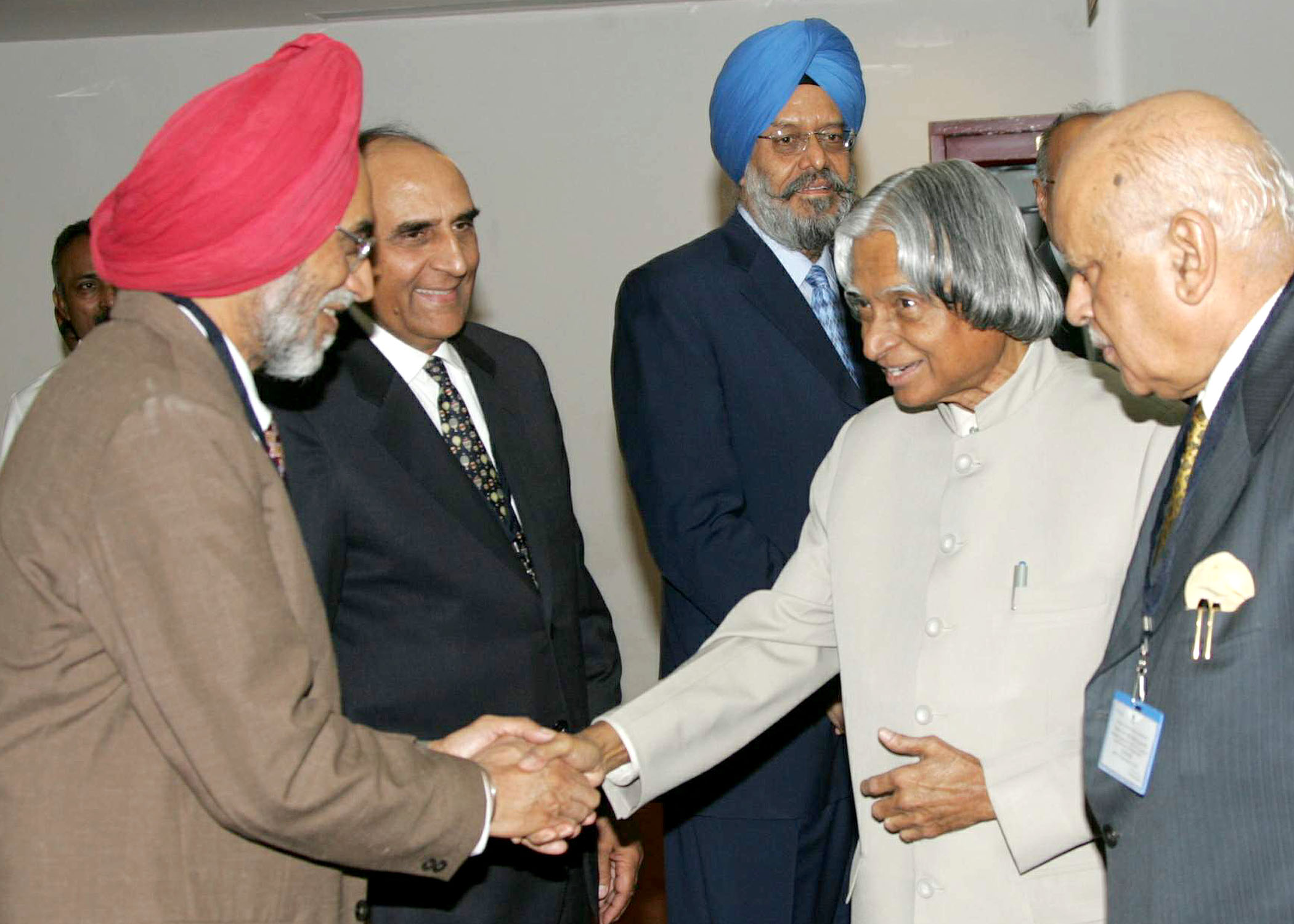

Action oriented seminars
In any Village or a Panchayat or a District, we will always find at least a few corruption free good human beings. We may even find pockets of corruption free societies. If these can be identified and celebrated, we may even create nearly a corruption free state. The real world examples of corruption free individuals and groups and societies, must be discussed in fora like this. The seminar on "The Effects of Corruption on Good Governance and Human Rights" should be able to present such examples, so that they can become examples to be followed in the country. A nation can be corruption free only when its states are corruption free, a state can be corruption free only if its districts are corruption free, a district can be corruption free only if its Panchayat are corruption free, a Panchayat can be corruption free only if the people are corruption free, people can be corruption free only if they have imbibed the value system from their childhood.
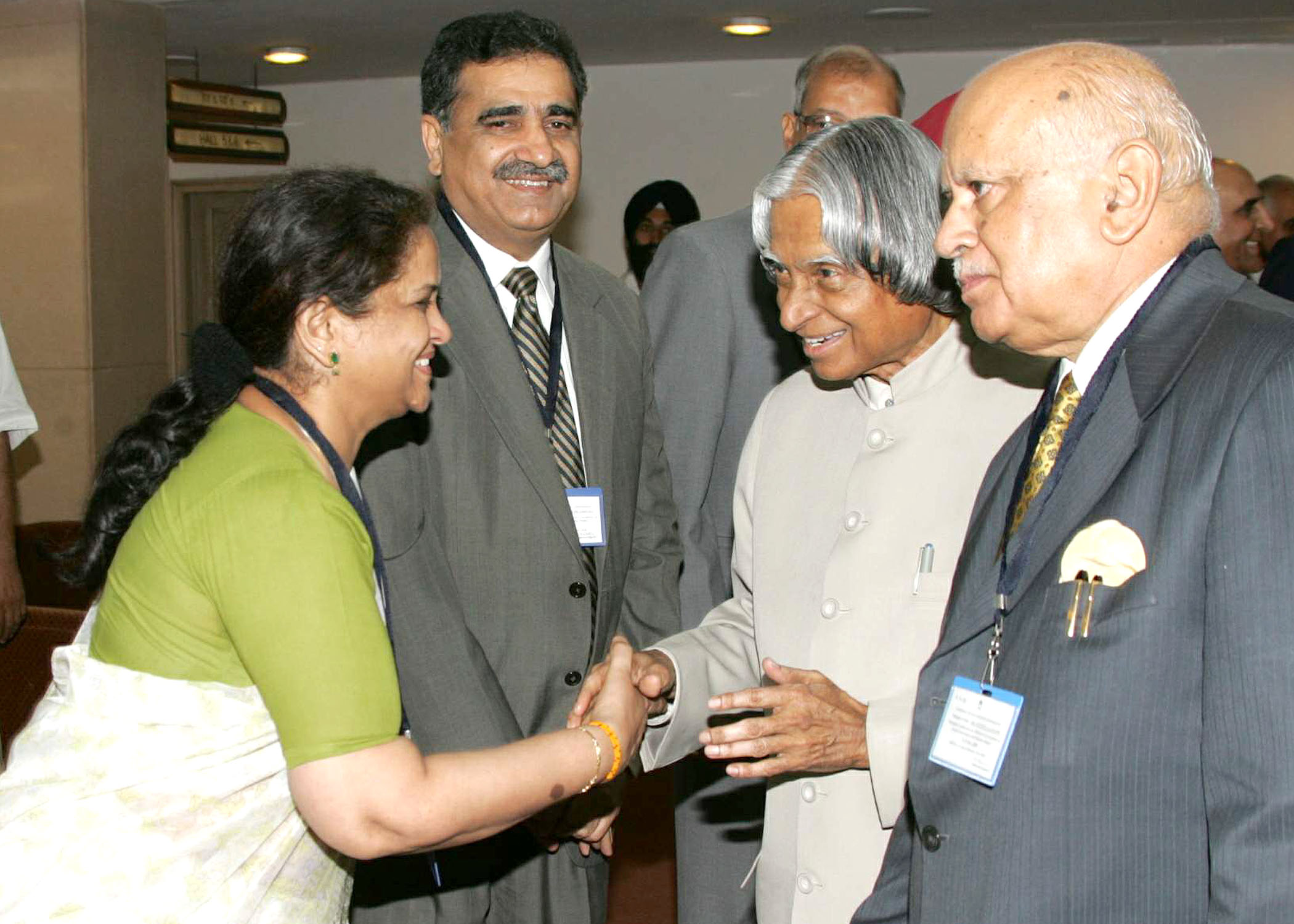

I Certain experiences in societal life
The creation of a corruption free society depends heavily on the home, the school, the environment, the society and the government, besides the person himself or herself. Let me discuss the various components of this complex fabric.
a. Corruption Free Society starts at Home
On 21st November 2005, I visited Adhichunchanagiri Math, attended a function of FUREC (Foundation for Unity of Religions and Enlightened Citizenship) and interacted with over 54,000 students of various schools and colleges of Karnataka. There a 10th class student Ms. M. Bhavani studying in Adichunchanagiri Composite High School, Sharavathy Nagar, Shimoga asked me the following question.
?Mr. President, I would like to be a citizen in a corruption free nation. Please tell me, as students, all of us how we can contribute??
Agony of the young mind is reflected in this question. For me it was an important question, since it came from a young mind. I was thinking what type of solutions we could give. My thought process was the following:
I said there are one billion people in the country and nearly 200 million homes. In general there are good citizens everywhere. However, if we find that people in a few million houses are not transparent and not amenable to the laws of the country, what can we do? These houses apart from parents have one daughter or one Son or both. If the parents in these houses are deviating from the transparent path the children can use the tool of love and affection and correct the parents to come back to the right path. I asked all the children assembled in that gathering, in case parents of few children get deviated from transparency, will you children boldly tell your parents, father or mother, you are not doing the right thing, that is what we are taught by you and in the school. Most of the children spontaneously responded, ?We will do it?. The confidence comes from them that they have love as a tool. Similarly I have also asked the parents in some other meeting, initially there was a silence, later, many of them hesitantly agreed that they would abide by the children?s suggestion since it is driven by love. They took an oath from me. The oath was ?I will lead an honest life free from all corruption and will set an example for others to adopt a transparent way of life?. Finally I told the students that they should start a movement starting from their home. Dear Members, I am confident that the children can reform their families which are not transparent, to lead transparent life? You may like to spread this message and enlist the youth for this mission of transparent life. Now I would like to discuss about the mission of the teacher in promoting a corruption free society.
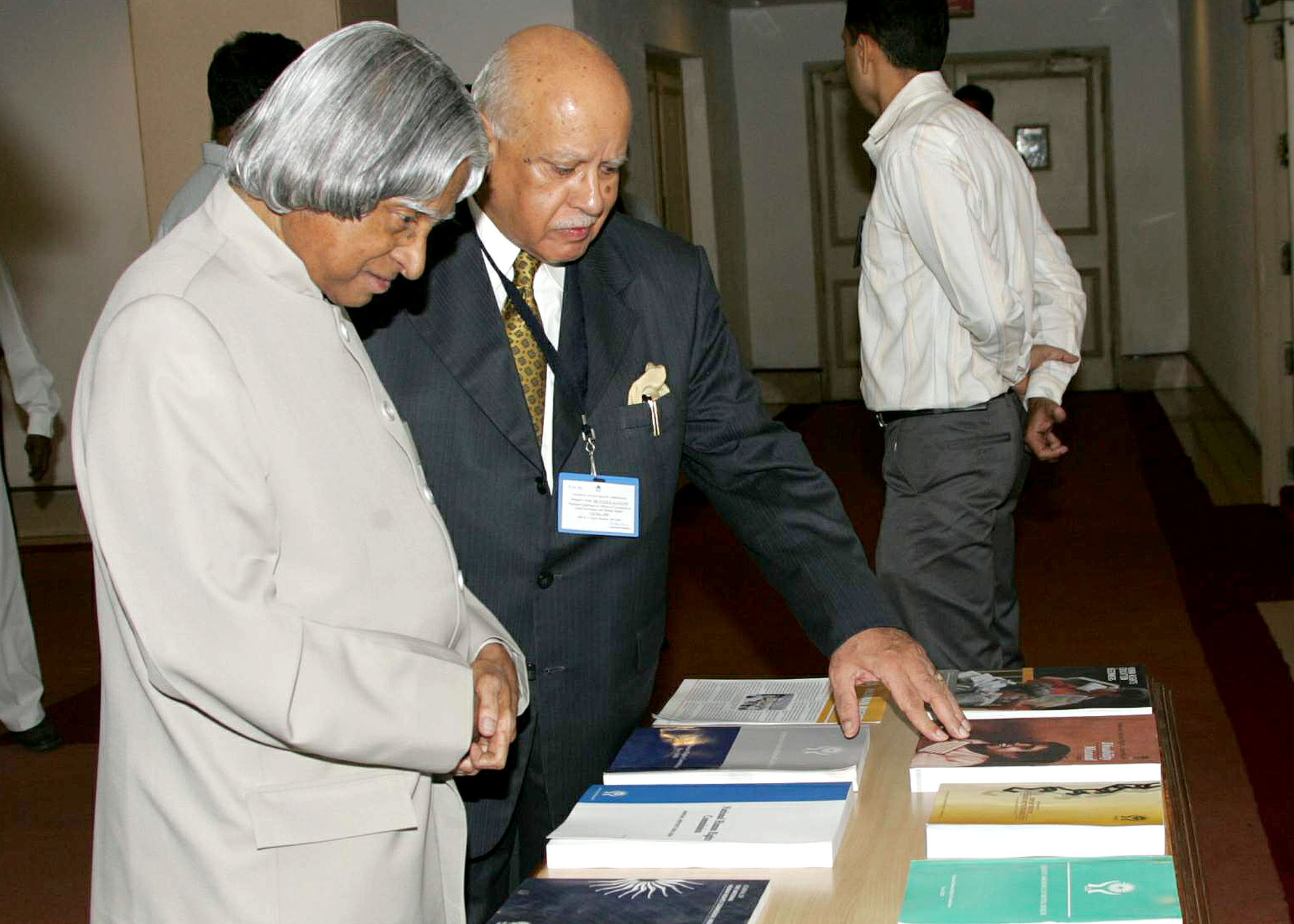
b. Mission of the Teacher
School is the next important environment where the character is getting shaped. The prime learning period for the children is five to seventeen years of age. The student spends approximately 25,000 hours in the school campus. Of course, at home, love and affection are imparted but again most of the time of the day is spent in preparing school?s homework and study, eat, play and sleep. Hence the school hours for children are the best time for learning and need best of environment, mission oriented learning with value system. I still hear the echo from Bestolozzy, a Greek teacher?s saying, ?give me a child for seven years. Afterwards, let the God or devil take the child. They cannot change the child.? That is the great confidence of the teacher. What a golden mission for the teachers to build character and value system to the students in our schools in the country! The next component I would like to discuss is the importance of moral class for students in the school for elevating their minds.
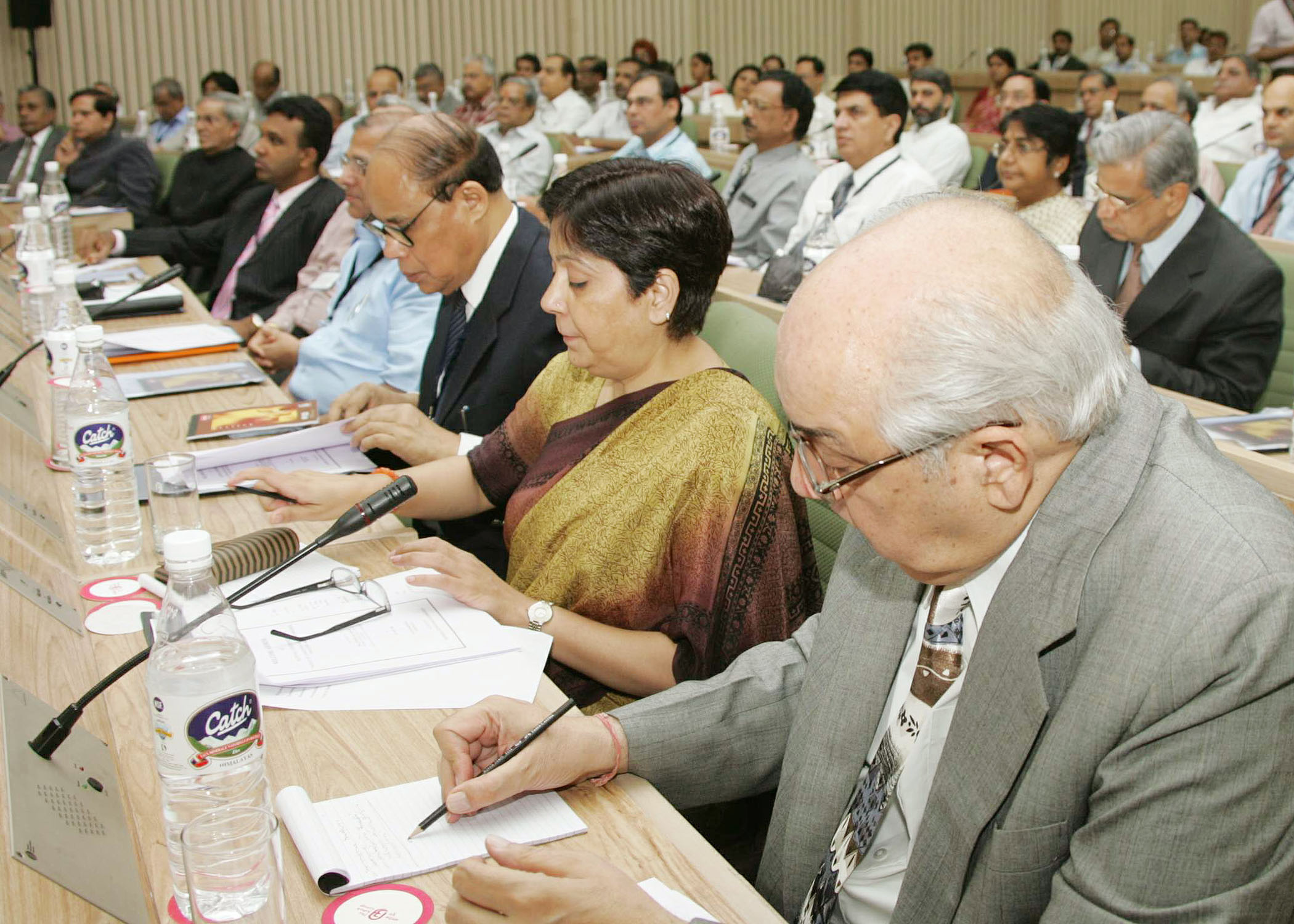
c. Elevating the young minds
While I was in college, I remember the lectures given by highest authority of the Jesuit institution Rev Father Rector Kalathil of St. Joshep?s college, Trichirappalli, Tamilnadu. Every week on Monday, he will take class for an hour. He used to talk about good human beings, present and past, and what makes a good human being. In this class he used to give lectures on personalities such as Buddha, Confucius, St. Augustine, Khalifa Omar, Mahatma Gandhi, Einstein, Abraham Lincoln including some scientific personalities and moral stories linked to our civilizational heritage. He also used to talk about great personalities living in the father?s lodge and who had made contribution with values in the service of the people. It is essential in the secondary schools and colleges to arrange a lecture by a great teacher of the institution once in a week for one hour on India?s civilizational heritage. This class can be called as a Moral Science Class. That will elevate the young minds to love the country, to love the other human beings and elevate the young to higher planes. The fourth important component for promoting transparent society is the Code of Conduct in high places.
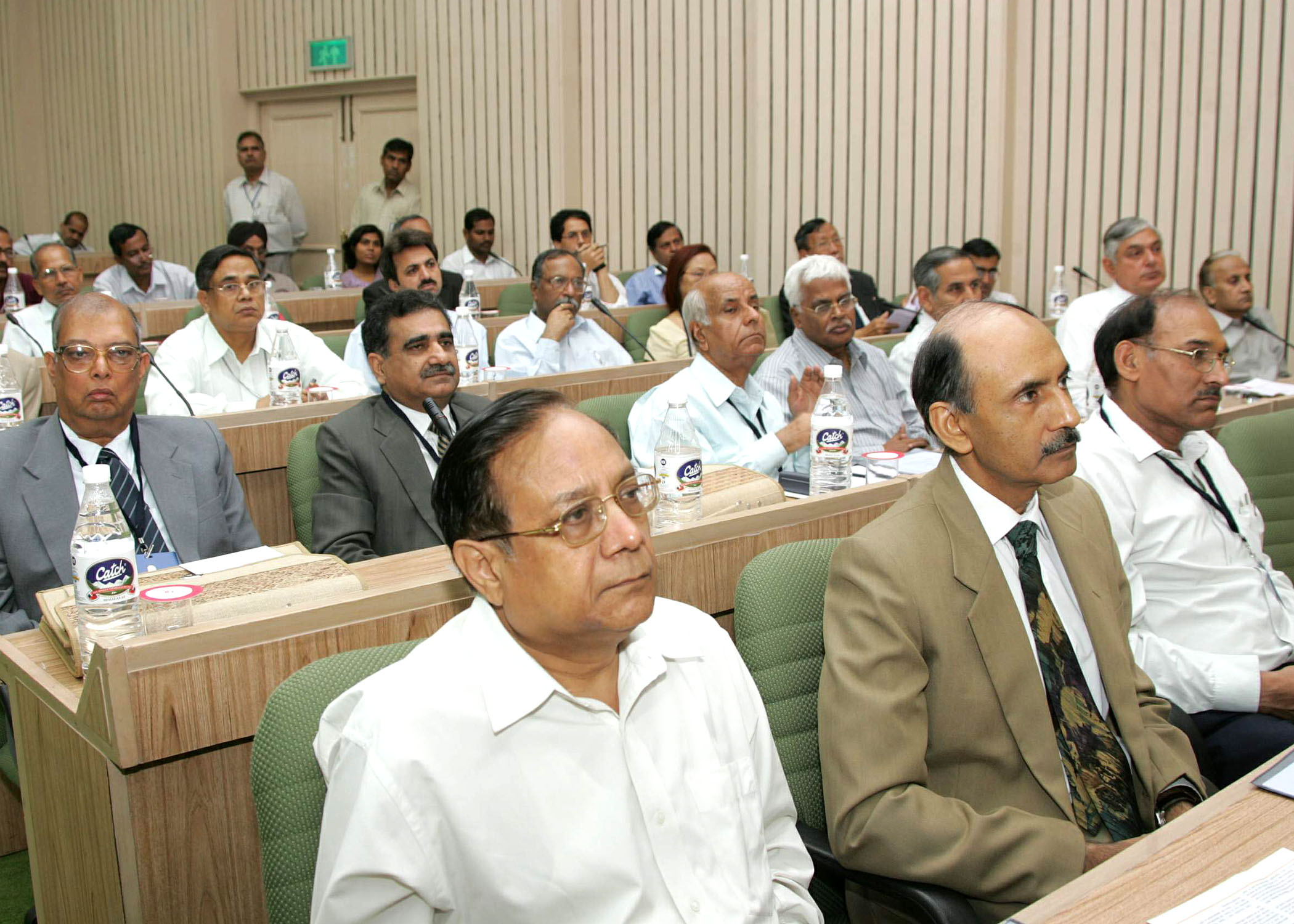
d. Code of Conduct
Now I am reminded of Tamil classic, which brings out the power of righteousness and provides the code of conduct for the people in high and responsible positions:

It means, people who are in high and responsible positions, if they go against righteousness, the righteousness itself will get transformed into a destroyer. Whoever deviates from righteousness, whether they are individual or states, they are responsible for their own actions. This message is brought out very clearly by the Elangovadikal in Silapathikaram. Silapathikaram is one of the five great epics written nearly 2000 years ago in Tamil language. So far I have been talking about the strategies needed for creation of enlightened citizens and a corruption free society among the youth phase. Now I would like to discuss the Governance and delivery mechanism for the people, which is one of the requirements of the democratic system.
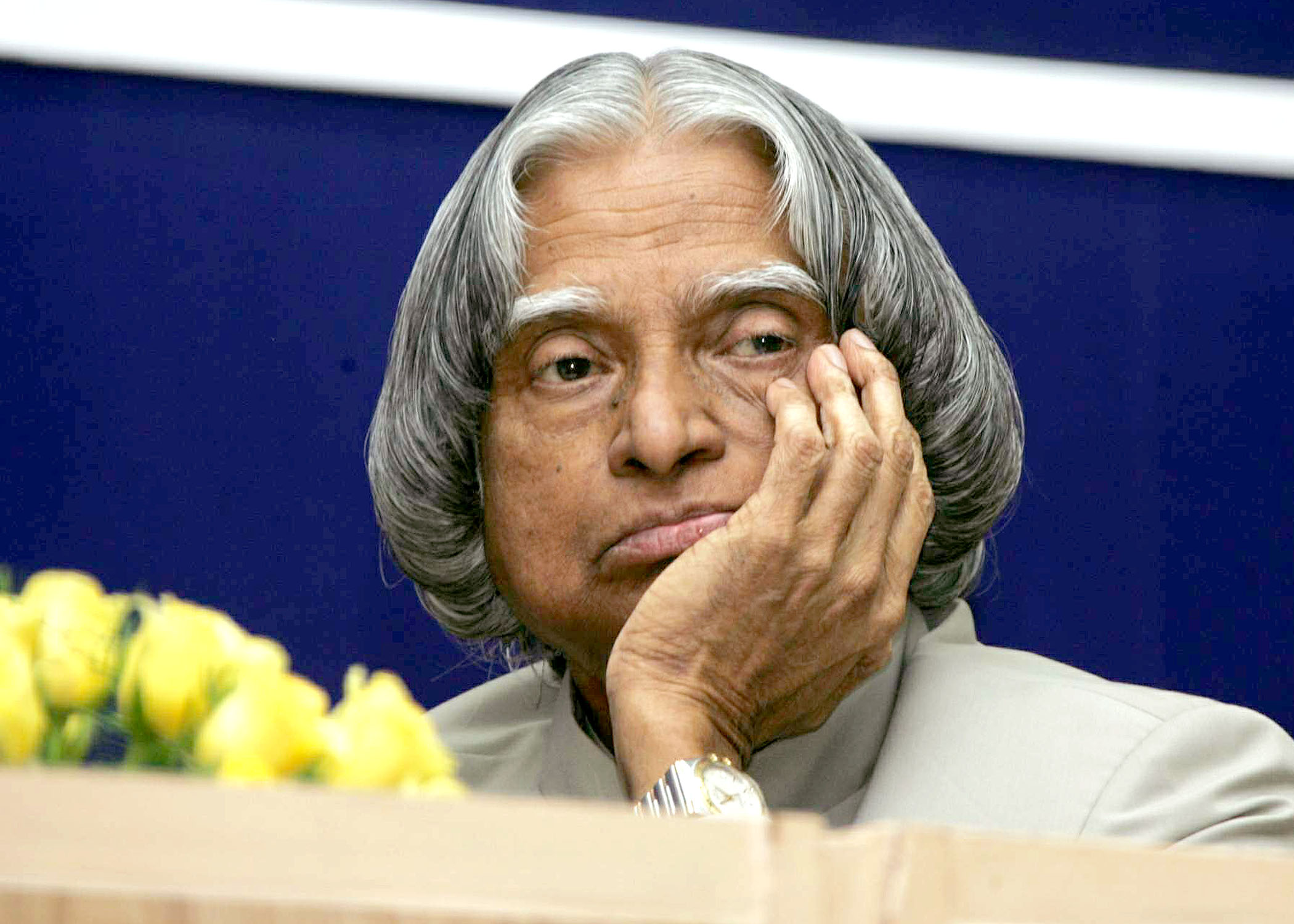
e. Trust and confidence in Governance
As a part of governance, the Government needs to provide multiple facilities and services to the people. Also, these services are required to be constantly upgraded with the use of technology for fulfilling the aspirations of the people. The Government budgets and expends a large amount of funds for fulfilling this goal. The money for the work comes from people through taxes. It is the money collected from the people, which are being spent for the benefit of all the people and particularly the needy. However, when it comes to reaching of the benefits to the common man, the value of the services, which reaches the citizen, has to be increased many folds?
Friends, we have to imagine a scene, I call it, ?A scene of sweat?. It is the farmers in the agricultural field, it is the fishermen in the rough sea, it is the worker in the industries, teachers in the schools, knowledge workers in the laboratories, knowledge and pharma industries, health workers removing the pain at all times in healthcare institutions and many and many people, have to be remembered always when we take political decision, when we take administrative decision, when we give a judgement and when we conduct this type of seminar what we are having today. I would consider a government machinery corruption free only if the purpose for which the machinery is setup is fulfilled, in letter and spirit with honesty, sincerity and purposefulness. The second part of my talk deals with the tools for evolving a corruption free society.

II. Methodology of evolving good society
Now I would like to discuss about the use of e-governance as an instrument for elimination of corruption.
a. E-Governance for Corruption free administration
Good governance is being recognized as an important goal by many countries across the world. They have taken up specific initiatives for open government. Freedom of information is being redefined and supported by detailed guidelines. The Internet revolution has proved to be a powerful tool for good governance initiatives and the world is moving towards Internet governance. An important dimension of the Internet potential is the possibility of providing services any time anywhere. Along with this there is a conscious effort to put the citizen as the center of focus of the governance. Citizens are being perceived as customers and clients. E-governance has to be citizen friendly. Delivery of services to citizens is considered as a primary function of the government. Particularly in a democratic nation of a billion people like India, e-Governance should enable seamless access to information and seamless flow of information across the state and central government in the federal setup.
Typical scenario: I visualize an election scenario, where a candidate files his nomination from a particular constituency. Immediately the election officer verifies his/her authenticity from the national citizen ID database through multifactor authentication, through a multipurpose Citizen ID card. His education credentials come from the school or university records. His track record of employment comes from various employers with whom he had worked. His income and wealth resources come from the income-tax department, and other sources. His property record comes from the registration of land authority across the country. His credit history comes form various credit institutions like banks. His/her civic consciousness and citizenship behaviour comes from the police crime record. His legal track records come from the judicial system.
All the details arrive at the computer terminal of the election officer within a few seconds automatically by the act of e-Governance software agents which crawls across the various state and central government web services directories through the network GRID and collects the information automatically and presents the facts in real-time with out any bias. Artificial intelligence software analyses his credentials and gives a rating on how successful he will be as a politician. Election officer sitting at the remote block of the country decides on the spot and the election process starts. All the voters vote from their home through virtual polling booths. Is it a dream? Is it possible? If possible, when shall we have it?
Can we provide good governance to our one billion people? Can the governance speed up the delivery system? Can the governance differentiate between genuine transactions and spurious transaction? Can the governance ensure immediate action for the genuine cases, which satisfies the checklist for a particular service and pend, the action on spurious transactions? Can this be done by e-governance at a cost affordable by our nation? If we have this system implemented then I can call this as an ideal example of the effective e-Governance system for the citizen. E-Governance system is a means to an end. We need enlightened citizens to realize the full benefits of the e-governance systems. It is people who finally uphold ethics, morality and righteousness.
In Rashtrapati Bhawan we have designed and implemented an e-Governance system to study all the management needs and determine the action requirements to be taken by Rashtrapati Bhavan and other agencies of government and the relevant institutions both public and private. We are in the process of establishing a total e-governance system with G2G and G2C connectivity.
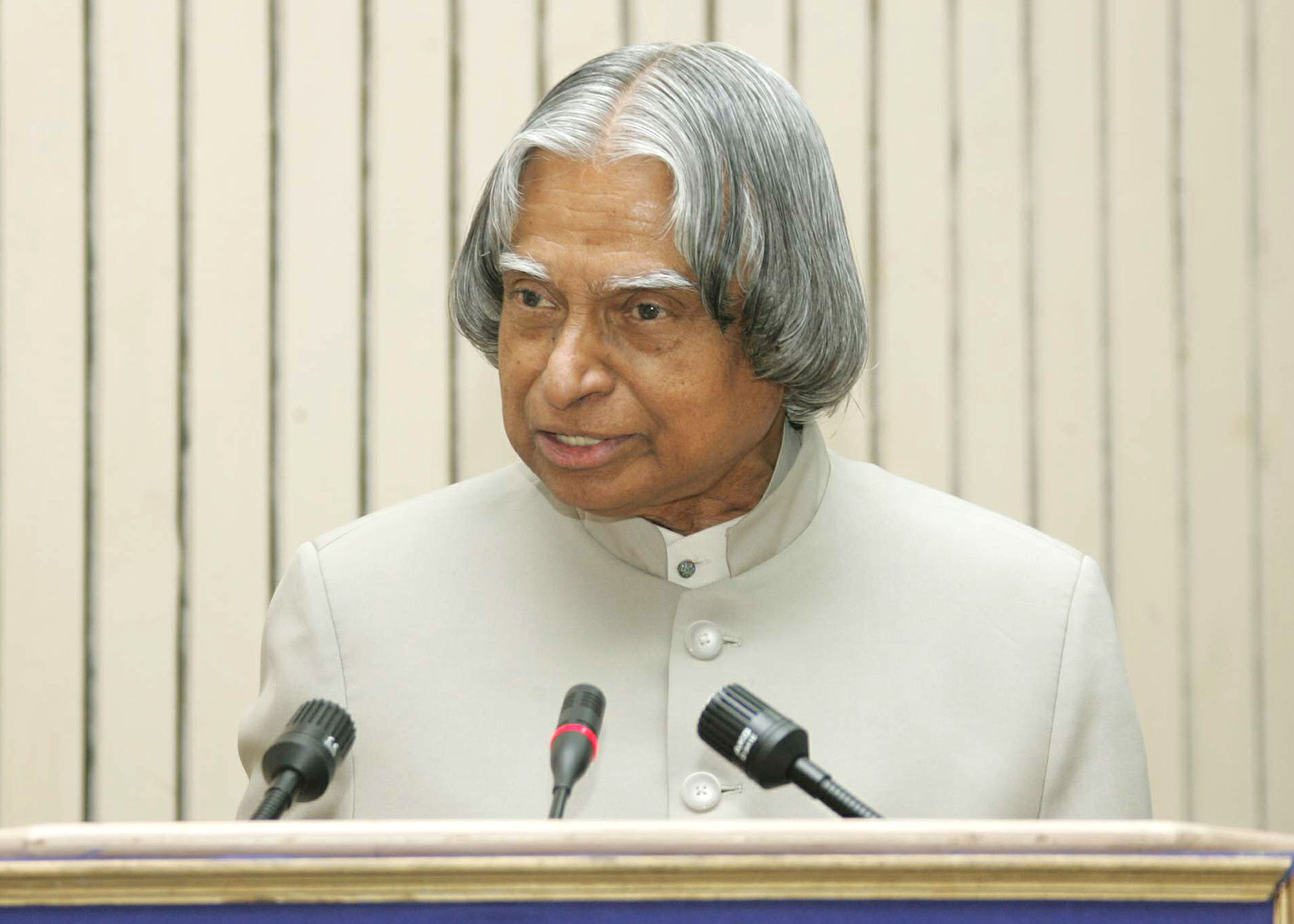
b. Some visible good practices
Now I would like to discuss some of the visible practices followed by the three pillars of our democracy.
Legislative system: The passing of the Right to Education Act, Right to Information Act 2005, and the National Rural Employment Guarantee Act 2005 are some of the recent examples of the effective functioning of legislative system. These Acts are structured to fulfill the aspirations of our citizens.
Executive system: Some of the key accomplishments of the executive have been the time bound realization of the metro railway system in Delhi, successful though partial e-governance implementation in certain States bringing about substantial transparency in the provision of government to citizen services. A working validated model of railway reservation system and also through the web, virtual university initiative of the three old universities of the country namely Madras, Calcutta and Mumbai and the healthcare services through the Yeshaswini scheme are the other notable accomplishments of the executive which has positive impact on large number of citizens of the country. Innovative monitoring systems for electrical energy generation and distribution; losses and pilferage; have made a few state electricity boards become profitable institutions.
Judicial system: Delay in justice also adds to corruption. I am extremely happy to see our judicial system has risen to taken on this challenge well. I was also very happy to see, certain cases where the justice was administered speedily. One case pertains to rape case in Rajasthan and Maharashtra and the other pertains to theft cases in Tamil Nadu. These are good models for emulation for speedy justice delivery system. We should increase this in numbers.
Litigation free villages: At this point, I would like to recall one experience I had. When I was in Chitrakoot, Madhya Pradesh, a few months back, I met a great man. Many of you might have heard about this famous 90 years experienced Shri Nanaji Deshmuk. He is instrumental for making 80 villages ?litigation free? through DRI (Deendayal Research Institute). This is indeed a successful experiment for resolving the disputes within the families and within the village. Nanaji is proud to say that he is aiming at a beautiful society, an empowered society and above all a society with moral values. So friends, it is possible to create a corruption free society only by enlisting good human beings, bridging them and spreading the message of their success.
There is another model available in Karnataka. The Lokayukta has become pro-active in unearthing corruption and irregularities in various Government departments. Having the same powers as his counterparts in other States, he visits offices and hospitals to personally check on cases of irregularities and corruption. Due to the proactive action, I understand that Lokayukta has been able unearth property of large values which was amassed disproportionate to known sources of income.
The judgments of the Supreme Court and some High Courts are now available in the Internet. This step has considerably relieved the agony of the litigants and also enables others to use these judgments in their areas of interest. It is a giant leap. It is essential that all other Courts in the country also follow this model and that has to be facilitated by the Law Ministry, State Governments and the higher judiciary. In addition to this, for example, the landmark judgment on the use of CNG, interlinking of rivers will have large impact on the welfare of the society.

Conclusion
Conscience is the light of the Soul that burns within the chambers of our psychological heart. It is as real as life is. It raises the voice in protest whenever anything is thought of or done contrary to the righteousness. Conscience is a form of truth that has been transferred through our genetic stock in the form of the knowledge of our own acts and feelings as right or wrong.
A virtuous and courageous person can alone use the instrument of conscience. He or she can alone hear the inner voice of the soul clearly. In a wicked person this faculty is absent. The sensitive nature of his / her conscience has been destroyed by sin or corruption. Hence he or she is unable to discriminate right from wrong. Those who are leading organizations, business enterprises, institutions and governments should develop this virtue of the ability to use their own conscience. This wisdom of using the clean conscience will enable them to enjoy the freedom.
I inaugurate the seminar and my best wishes for success in the mission of promoting a corruption free society through good governance and ensure protection of human rights of all citizens of the nation.
May God bless you.
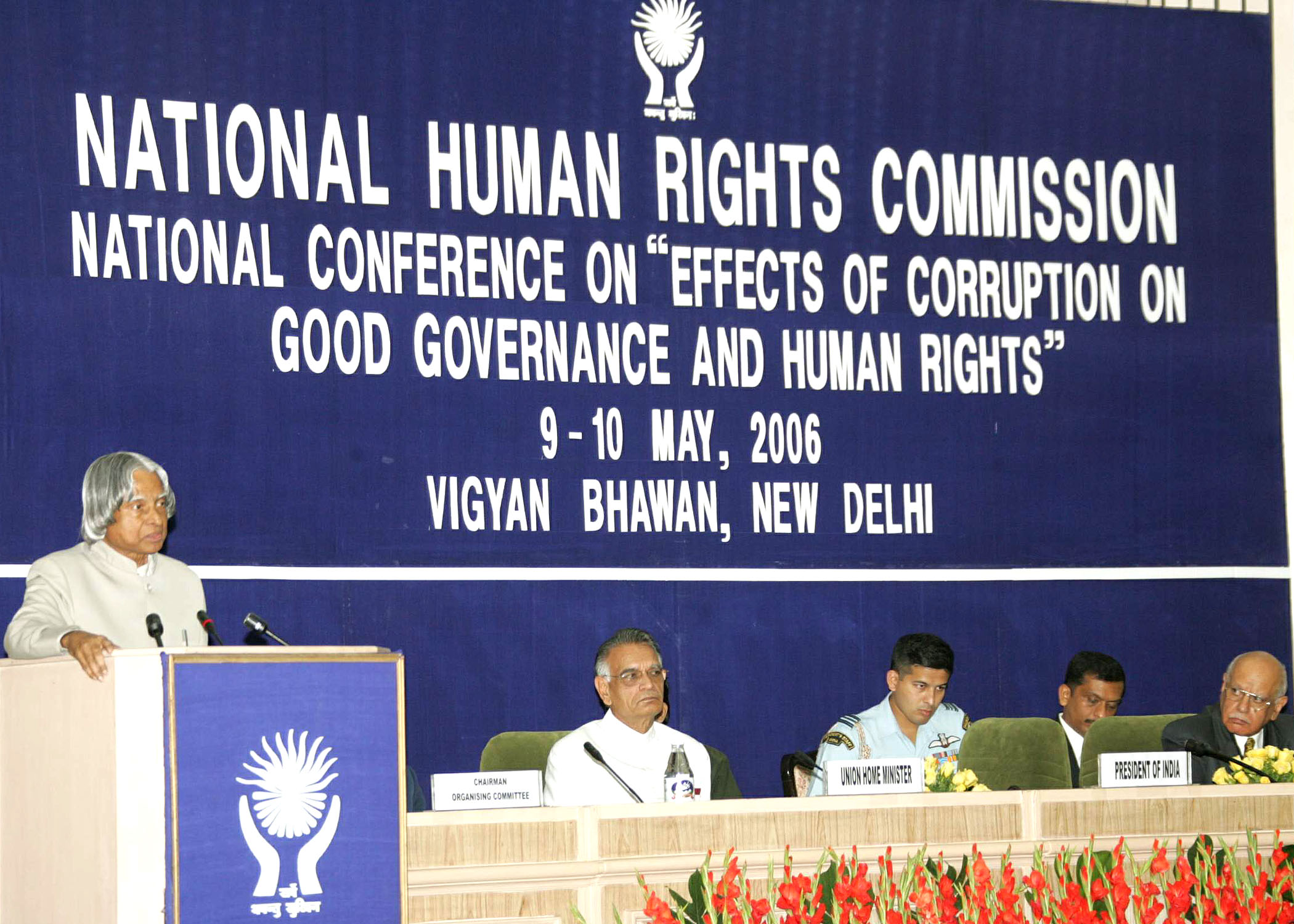
<<Back
|
|